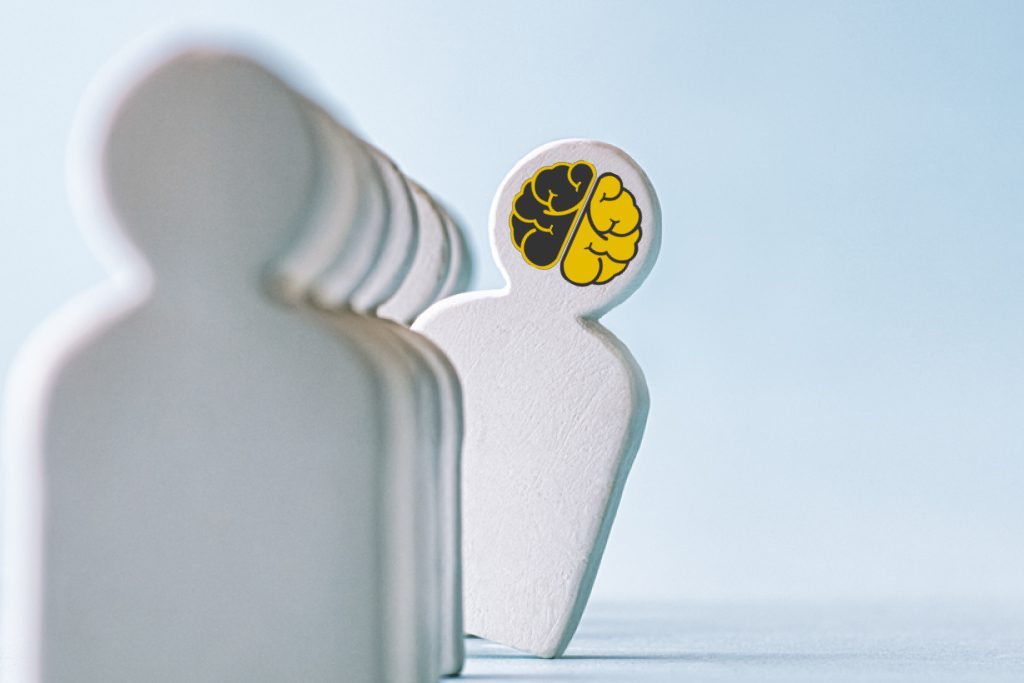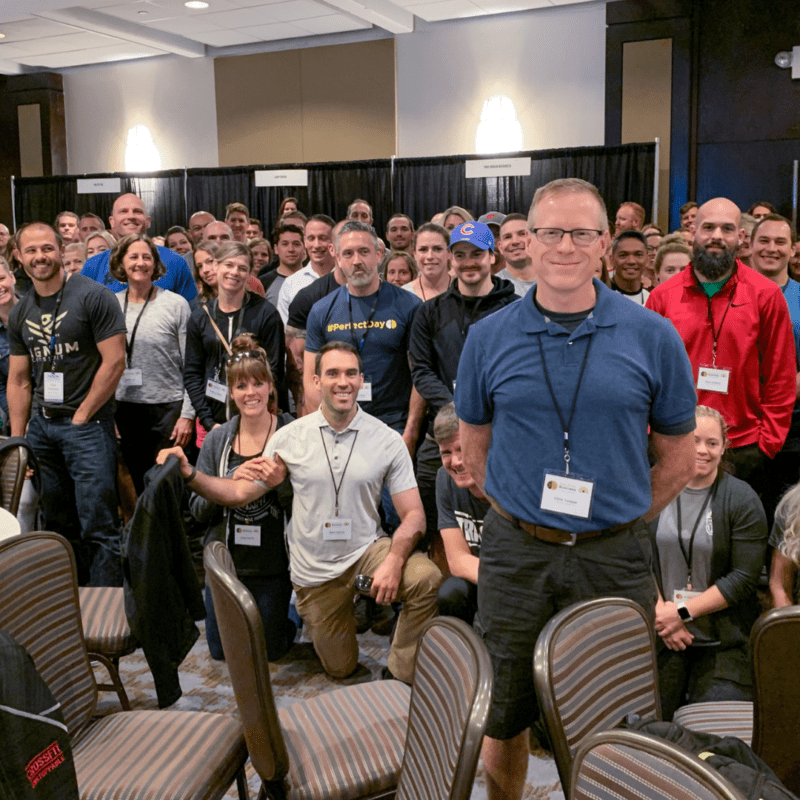“Heartily know, when demigods go, the gods arrive.” —Emerson
I’ve always had great “who luck.” The right people seem to find their way into my life at precisely the right time.
I met one of my mentors, Dan Martell, at the Archangel Summit. He was speaking at lunch time; my wife and I stood up to get a sandwich, but his first two minutes were so compelling that we didn’t leave the auditorium. Here’s the crazy part: My phone died before his presentation. When I charged it up a few hours later, I found texts from Dan on it. It turned out that he was a CrossFitter, and his CrossFit coach told him I was in the audience. I missed his invitation to come backstage, but I enrolled in his mentorship program less than 48 hours later.
My next mentor, Marcy, showed up at a dinner Dan hosted in San Francisco. My seat was across the table from hers.
I met Mike Warkentin through CrossFit Inc. I was hired as a one-time writer at a competition. He was their editor-in-chief. We were fast friends, and now he’s my partner in Two-Brain Media.
The list goes on and on. Once, at a book signing, an attendee asked me, “Do you attribute a lot of your success to just showing up and meeting everyone you can?”
A year ago, I’d have said, “Yes, that’s definitely it.” But now I think differently.
Mediocre People or Great People?
According to Dunbar, we can all maintain around 150 relationships. Not all of those relationships are positive. Some are negative (but we hold on to them anyway!), and most are just neutral. We keep up relationships out of a sense of duty, or just for the sake of keeping the 150 seats filled.
But, as Emerson wrote, “when demigods go, the gods arrive.” He meant that some mediocre people are probably sitting in the seats of great people. And until they’re gone, the amazing people won’t sit at your table because there are no vacant seats.
The weaker members on your team are occupying a seat that could be held by a better teammate.
They might be great people. They might be your first cousin. But that doesn’t always make them a great part of your staff.
What effect does one bad apple have on your culture? Catastrophic. Usually, we only see this in hindsight. I’ve heard this 500 times in the Two-Brain Facebook group:
“I knew Nancy wasn’t doing a great job, but I thought I was the only one. But as soon as I removed her, people started thanking me!”
Because people are smart. Your clients are smart, and so are your staff members.
Level up and Grow
Removing a weak link sends a message. The message isn’t “do this or I’ll fire all of you!” The message is that you will do the hard-hard things to benefit the team, that you care enough about the mission and the good teammates to have tough conversations on their behalf—to say the things only a leader would say and do the things only a leader can do.
In “Founder, Farmer, Tinker, Thief” you’ll find a section called “Apples.” Apple trees try to feed their own dead limbs. They send water and nutrients to branches that are already dead. This splits the tree’s resources and deprives the living branches from their rightful share. When apple trees are pruned, all the water and minerals go to the branches that bear fruit—and the tree thrives. The fruit is better, and the tree is more resistant to windstorms and drought.
Heartily know, when dead branches go, new branches grow.
When demigods go, the gods arrive.
Who, at your table, is adding to the conversation—and who is just keeping a seat warm?
Other Articles in This Series
How to Measure (and Improve) Your Culture
Culture by Design
Culture Starts at the Top
What’s More Important Than Culture?

